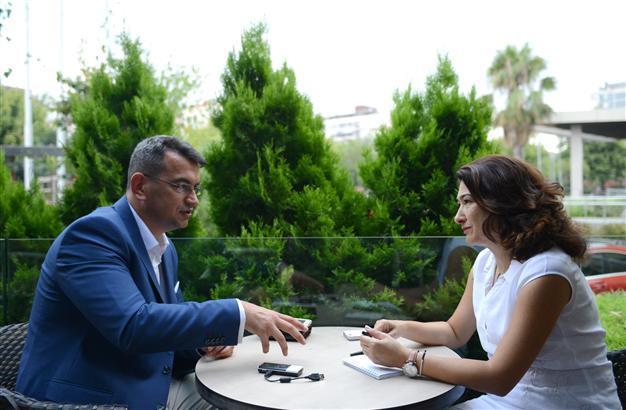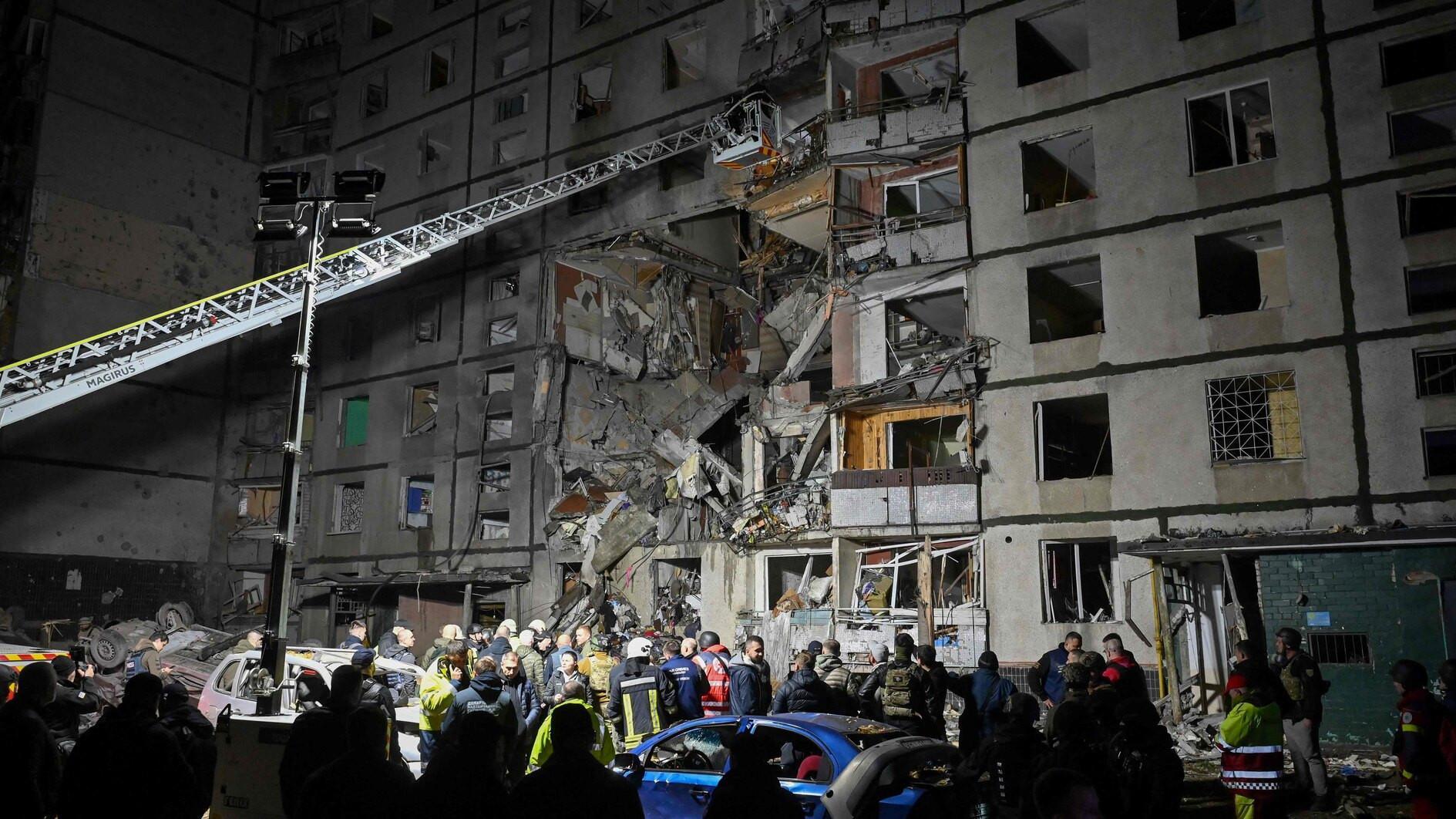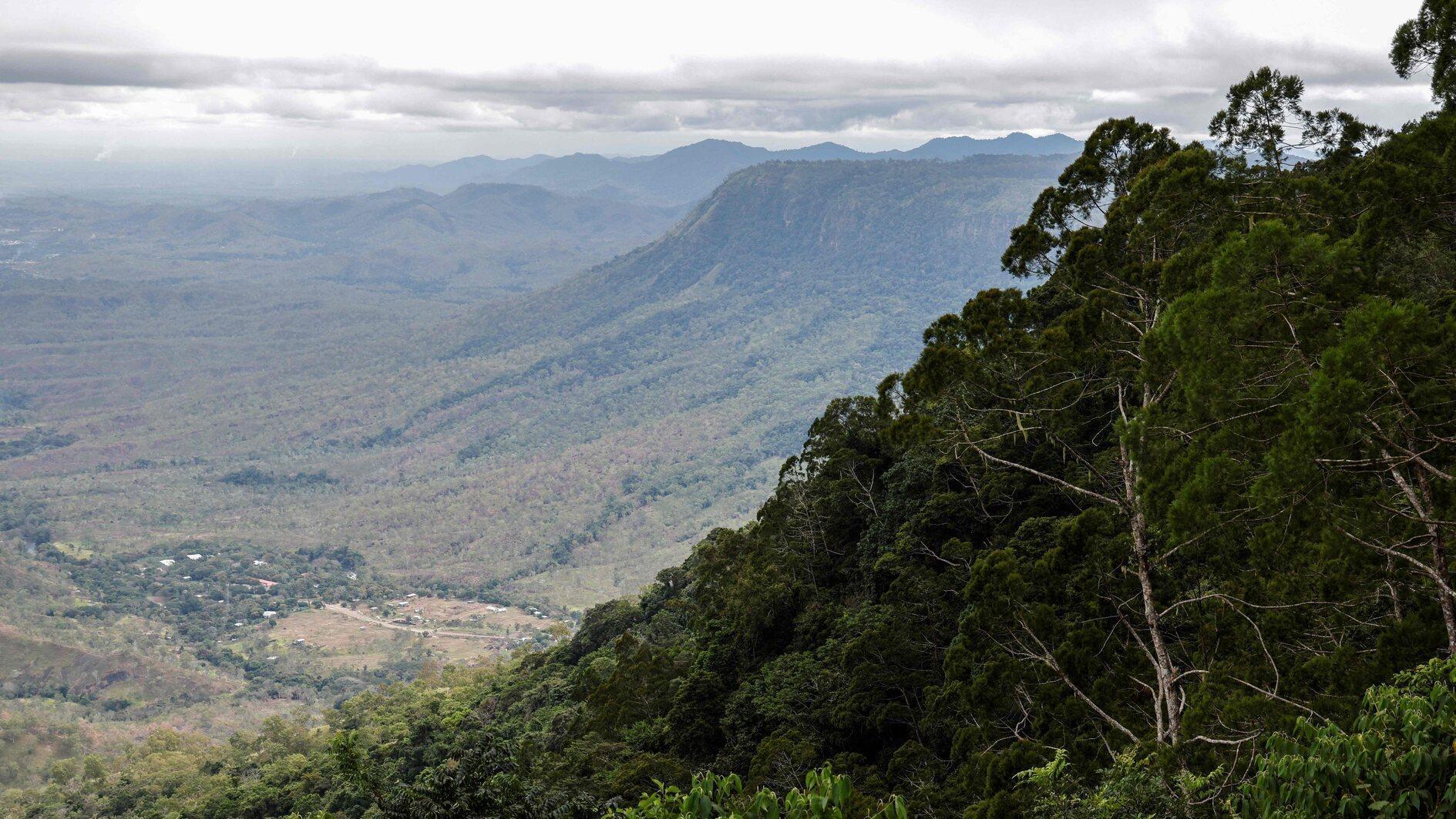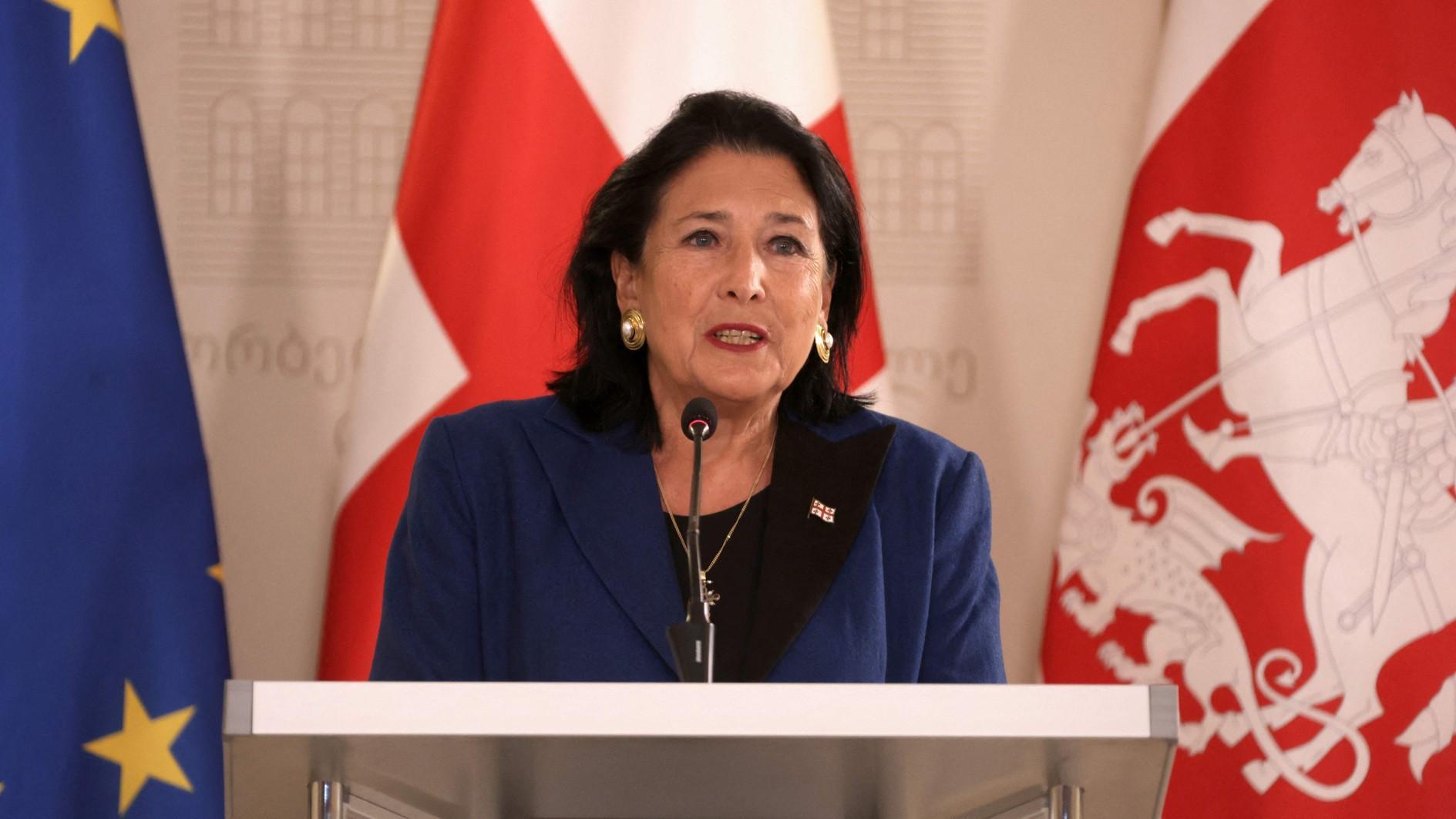New army chief’s faces four challenges to transform Armed Forces
Barçın Yinanç - barcin.yinanc@hdn.com.tr
 Hulusi Akar, a reformist commander appointed as the new chief of General Staff will be facing several challenges, according to a recently retired army officer.
Hulusi Akar, a reformist commander appointed as the new chief of General Staff will be facing several challenges, according to a recently retired army officer. One of his dilemmas will be the fight against the outlawed Kurdistan Workers’ Party (PKK) and the Islamic State of Iraq and the Levant (ISIL) while at the same time trying to turn the army’s face toward the Western security system, said Metin Gürcan, a retired major-turned-academic.
What is your general evaluation of the recent changes in the top military brass?
For some time, there has been a campaign against Hulusi Akar on the grounds that he does not attach importance to the parallel state [Gülen movement] claimed to have penetrated the army. Necdet Özel, the [outgoing] chief of General Staff gave open messages to the palace that Akar is his preference to succeed him.
One of Özel’s characteristics is that he gives his messages within the framework of a statesman’s courtesy. Another characteristic is that he started to institutionalize the supremacy of law within the Armed Forces. The legal department within the army was strengthened during his term.
The preparations for the YAŞ [Supreme Military Council] start by May. In the past, whatever the soldiers dictated, the political decision-makers used to sign it. But in recent years these meetings are taking place as strategic negotiations. So Özel forced Akar onto the government obviously with the courtesy of a statesman.
Özel and [President Recep Tayyip] Erdoğan had a very close working relationship between 2011 and 2013. But afterwards they turned sour. One of the biggest favors Özel has done to this country is the fact that he acted as a brake mechanism on the Syrian issue; if it was left to the political decision-makers, we would have already entered Syria a year ago.
Actually Özel was criticized for having worked in too much harmony with the government.
I have studied the period of the last five chief of General Staff based on the press releases made by the Armed Forces. I define Yaşar Büyükanıt’s style for instance as direct confrontation; that of İlker Başbuğ as indirect confrontation. Işık Koşaner’s time can be defined as strained harmony. None of them worked well in relations with the government. I call Özel’s style delicate harmony. He kept talking and insisting about law and democracy behind closed doors which secured the outcomes of the cases in the “Balyoz” and Ergenekon [legal cases against army members accused of attempting to topple the government although were subsequently acquitted].
You said Özel started the institutionalization of all military processes so that they could be in harmony with the law; do you think Akar will continue along that line?
We will see. He should continue on that line, because this is the trend the whole world is going toward. “I ordered it and that’s that” is no longer the case.
But doesn’t that slow down the processes? You have to act fast in certain military circumstances.
Of course there is the issue of effectiveness. But sometimes what you do to be effective can have heavy consequences. We have seen this many times in [military] operations in the southeast. That’s why currently “secure zones” are being declared in the southeast current-ly, so that there should not be legal vacuums.
In the Syrian case as well, Özel wanted a clearly defined directive. The security situation in Syria is very fluid. None of the entities there are monolithic. A group leader can sleep as a member of ISIL and wake up as a member of al-Nusra. The army is an institution trained for conventional wars; it can act fast in a situation that changes moment by moment. That’s why Özel used stalling as a tactic, asking for inquiries about international norms as well as Turkey’s domestic legal situation.
Do you think the legal cases against soldiers have had an effect on the army’s sensitivity on law and democracy?
The army understood better the importance of law. That was the good consequence of the exogenous shock effect that it had on the army. But it made the top brass too shy and cowardly in its relations with civilians. It stopped the interaction with civilians. … The generals are afraid and they do not expend the effort to understand. In the polls I conducted, I see that the junior-level officers are more open to the world, more diversified, more heterogeneous. Among the older generations, the generals are unfamiliar with civilians and they don’t make an effort to update themselves.
But don’t you think one of the consequences of these legal cases has been to send the army back to their barracks once and for all so that they won’t interfere in domestic politics.
This is a question I have been asked especially by Western circles. Is this process irreversible? Is this a tactical retreat or an internalized process? My studies based on the polls I conducted reveal two facts: there is a generational shift from junior to senior level as far as democratization is concerned.
The second fact is this: when asked which one is an existential principle for the survival of the Turkish state, secularism or the unity of the state: the former is around 60 to 70 percent; the latter is 90 percent.
In other words; the army has overcome the issue of political Islam. This is the conse-quence of the Justice and Development Party (AKP) rule.
When I see the developing culture of submission to democracy, I do not think that the army will go back to politics. But then I have a reservation – the issue of the unity of the state. The question of whether the army will go back to politics depends on how the Kurdish issue evolves and how the decision-makers in Ankara handle the issue.
Political Islam and the unity of the state were the two issues that enabled the army to interfere in politics. Now the first one is gone. But there is an increasing sensitivity and awareness on the unity of state. Some are wondering, “Are we losing this state; is this state slipping away from our hands?” The unity of the state has become much more important than secularism. The experience of the Peoples’ Democracy Party (HDP) is very important. If it fails, if it is closed, then the most important obstacle in the face of the army’s comeback to politics will be eliminated. The political dimension of the Kurdish movement is the most important roadblock standing in the way of the army’s interference in politics. Those who wish ill for this country would close the HDP and militarize the PKK. And that means chaos. This is the current trend, and I am very worried about it.
The civilian aspect in the Kurdish movement needs to become an actor. Just as the army has submitted itself to civilians, Kandil [where the PKK has its mountain bases] too should do the same and learn from the Turkish Armed Forces. They should read the literature on civilian-military relations in Turkey.
So you claim that the current mindset in the military about the Kurdish issue is more hawkish.
There is a traditionally PKK-initiated Kurdish allergy in the top brass. I criticize this tendency to equate Kurds with the PKK. I think the same approach exists in the mindset of Gen. Akar.
But we can’t solve this problem with the terror/counter-terror paradigm. Instead, we need to replace it with insurgency/counter-insurgency paradigm. We will see how Gen. Akar will approach the elected HDP parliamentarians.
The government knows the allergy in the army and it will use this allergy to choke the HDP and get Kandil to the forefront.
What will be the stance of Gen. Akar?
The Kurdish issue will be his most important challenge. There will be a pressure from the top, from the palace to crush and pressure from the bottom to crush [the PKK]. The commanders that have been appointed to critical places in the southeast are from the hawks in the army. I believe it is the palace that has played a role in those appointments.
Yet Gen. Akar is believed to be a more Western-minded general due to his past within NATO missions.
I know that Gen. Akar worked in close cooperation with NATO and the United States.
He also has private connections and ties. That will be critical in Turkey’s role in the fight against ISIL.
Akar is a reformist. He is coming to transform the army. There are three options; we will see which one he will opt for. One is to be a powerful actor in the Western military system – small but effective, more visible due to its contribution on peacekeeping and active in NATO. I know that one of his complaints was questioning why Turkey was not more pre-sent in NATO’s decision-making mechanisms. When I look at the profile of the commanders he brought with him to the General Staff, I seriously think he will turn his face to the West.
But there are also those [in the army] favoring Eurasia who want to open up to Russia and China, in addition to another group that says “let’s stay independent.” Akar would start by turning the army’s face toward the West, but I don’t know whether he will continue on that path.
But if he is to turn his face to the West, then it is expected that he should favor a civilian solution to the Kurdish issue.
That will be his challenge. He is facing four challenges: First, the fight against ISIL; second, institutional transformation; third, the fight against the PKK; and fourth, the fight against the parallel [state].
Which one will he prioritize? There is a loss of confidence with the U.S. and NATO. So first he will go in that direction, then he will have to keep his relations good with the palace and the government in order to find room to transform the army. So he might continue on the hawkish line against the PKK.
But following a hawkish line on the PKK might contradict his aim of turning the army’s face to the West.
That will be his dilemma. The U.S. says, first prioritize the fight against ISIL: The palace says prioritize the fight against the PKK.
When he was commander of the Land Forces between 2011 and 2015, he had a very hawkish stance on the fight against terror, the security of the borders and cross-border smuggling. We have to see whether this was an inherently existing dynamic or a circum-stantial position – a stance he had to endorse due to that status and therefore a temporary one.
What will be his stance on Syria?
He will continue Özel’s stance of putting on the brakes. His priority is the security of land borders and he knows such a land operation will eliminate all border security. He would resort to more cooperation to hit ISIL targets under the U.S.-led coalition. That will permit the renewal of confidence with U.S.-West-NATO security mechanisms and decrease the ISIL threat against Turkey.
Who is Metin Gürcan?

Born in 1976, Metin Gürcan graduated from the Turkish War Academy as an infantry lieutenant in 1998.
He served in southeastern Turkey and participated in numerous counter-terror operations between 1999 and 2008 as a platoon, special forces team and company commander. He served in northern Iraq multiple times between 1999 and 2001 as a Turkish liaison commander.
He trained Kazakh and Kyrgyz officers in early 2003 in Kazakhstan with the U.S. Navy Seals and conducted several reconnaissance missions in the Kyrgyzstan-Tajikistan border area against Salafi-jihadist extremists in late 2003.
In early 2005, he was deployed to Kabul as the military instructor to train Afghan officers. During this service in the southeast, he was awarded with a medal of bravery by former President Abdullah Gül In 2008.
He went to the U.S. Naval Postgraduate School in Monterey for an M.A. degree in security studies and graduated from the Department of National Security and Intelligence Programs (Regional Studies) in 2009. In 2010, he was assigned to the Turkish General Staff as a research analyst and later as the head of the media analysis department at the General Staff.
He was a visiting research fellow at Oxford University’s Changing Character of War Program, and at Bryn & Mawr College/University of Pennsylvania’s Solomon Asch Conflict Center in 2014.
He retired in January 2015 to pursue an academic career and is now a PhD candidate in the Department of Political Science at Bilkent University.
His book titled “What went wrong in Afghanistan? Understanding Counterinsurgency in Tribalized, Rural, Muslim Environments,” is scheduled to be published by the end of 2015.
















